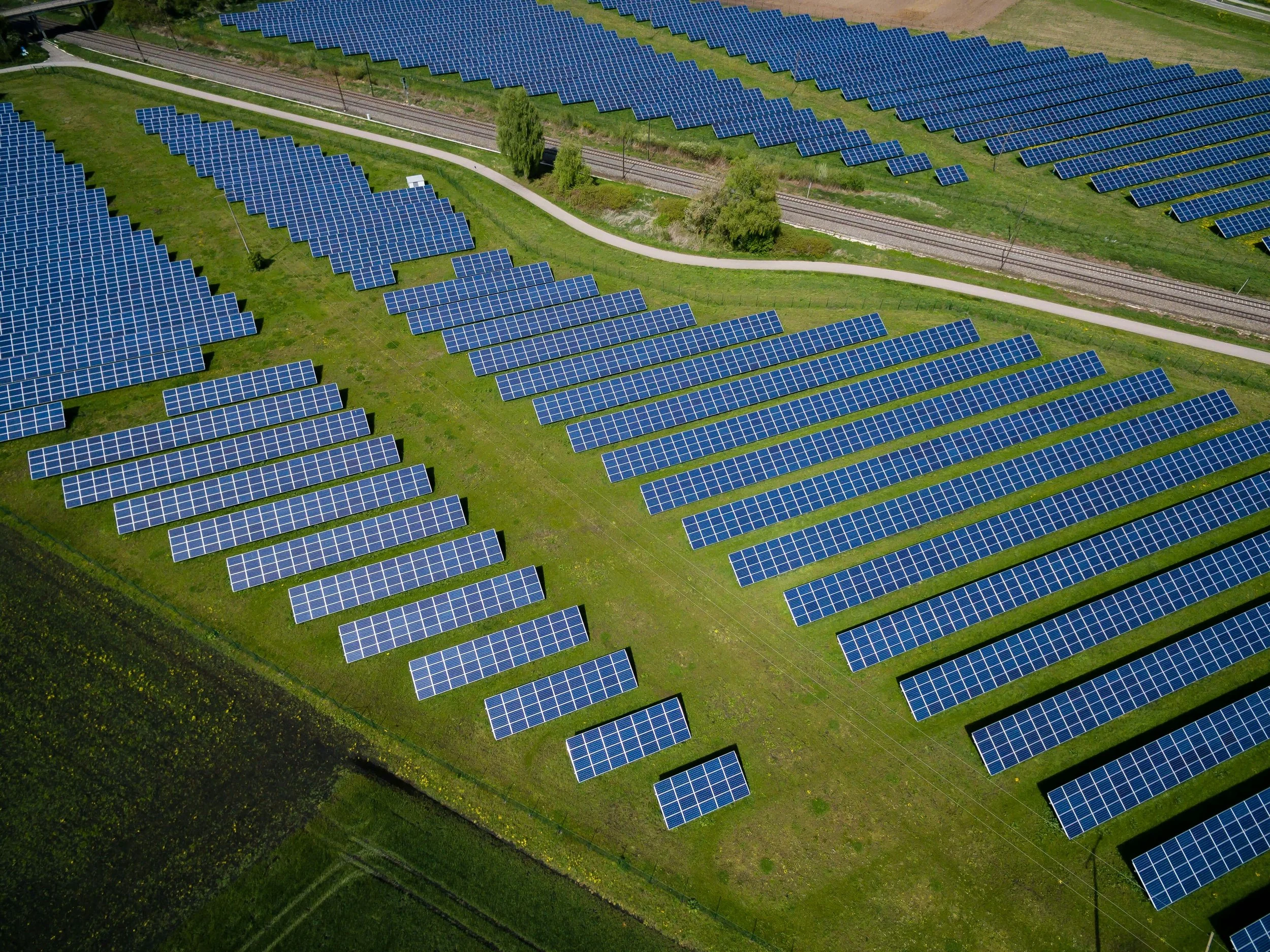The Climate Change Levy: What Is It, What Discounts are Available and How Can Your Business Make the Most of Them?
The 2001 Climate Change Levy has been updated this year, with new tax rates for gas and other fuels. But did you know that you can get an enormous discount if you show the government how you’re saving energy? as well as how your business can make the most of them. We also offer some useful tips for improving energy efficiency, as required by the scheme.
The Climate Change Levy (CCL) is not a new piece of legislation. In fact, it was introduced in 2001, with the purpose of encouraging businesses to save carbon emissions throughout their operations. Fast forward to 2024 and both these regulations, as well as global engagement on climate change, have changed considerably.
So what exactly does CCL mean for businesses today, and how can your business see optimum benefit from this scheme?
What is CCL and who is affected by it?
CCL was originally introduced in 2001 with the purpose of encouraging businesses to be more energy efficient on-site. Gas, electricity, coal and other energy sources are taxed, with the exception of road fuels and certain other oils which are charged for “excise duty.” CCL focuses on energy consumed in buildings, namely those of the following sectors: public services, industrial, commercial and agricultural. The Climate Change Levy does not apply to charities.
Although CCL is a tax for carbon emissions, the legislation also includes a discount scheme aimed at incentivising businesses to save energy. In order to qualify for this discount, businesses must hold a Climate Change Agreement (CCA) with the Environmental Agency. Once qualified, discount businesses receive is usually a significant portion of the overall tax.
CCL and CCA legislation is separate from the Carbon Price Support (CPS), which is a charge for emissions that is paid by power stations.
CCL: 2001 to 2024
One of the key changes for CCL in 2024 is the increase in the main rate charged for different fuels, including an increase for Natural Gas per kWh and the Other Solid Fuels category (excluding Electricity and Liquified Petroleum Gas, or LPG). Below is a breakdown of the changes, courtesy of Inspired PLC.
As SeeMoreEnergy points out, the adjustment to gas rates is intended to bring gas in line with electricity and thereby “create a level playing field between these energy sources, [encouraging] businesses to be more efficient with both.”
Furthermore, discount rates have been adjusted. These rates are being adjusted to match the updated tax rates, thereby ensuring businesses benefit proportionally. Eligible businesses will receive a discount of 92% on their CCL for electricity; 89% for natural gas; 77% reduction for liquefied petroleum gas (LPG), and 86% reduction for coal and other solid fossil fuels.
How Your Business Can Make the Most of CCL Discounts
So, the potential discounts are considerable, but what does your business need to do to secure them?
Eligible businesses must set targets for reducing their energy usage and emissions. Greater energy efficiency can be achieved by turning appliances off wherever possible and replacing old and inefficient equipment.
CCL discounts also require businesses to report their energy usage. Meter readings will prove essential for this, although submetering and appliance-level data provides greater insight. Additionally, this data proves useful in meeting energy targets, as it can help businesses identify saving opportunities as well offering financial data to inform investments such as solar PV or new machinery.
As we always say at GridDuck, energy saving is an ongoing journey: identify saving opportunities using energy data, make changes, and then return to the data to check your progress and find further saving opportunities.
In the case of GridDuck clients, savings can come from fixing leaks, fitting new equipment, changing your operational schedule or automating appliances. The potential of each business to save is unique, so thoroughly measuring your energy usage is the best way to manage it.
If you would like to learn more about how your business can save energy, GridDuck can help. Schedule a 15 minute discovery call using Calendly today.



